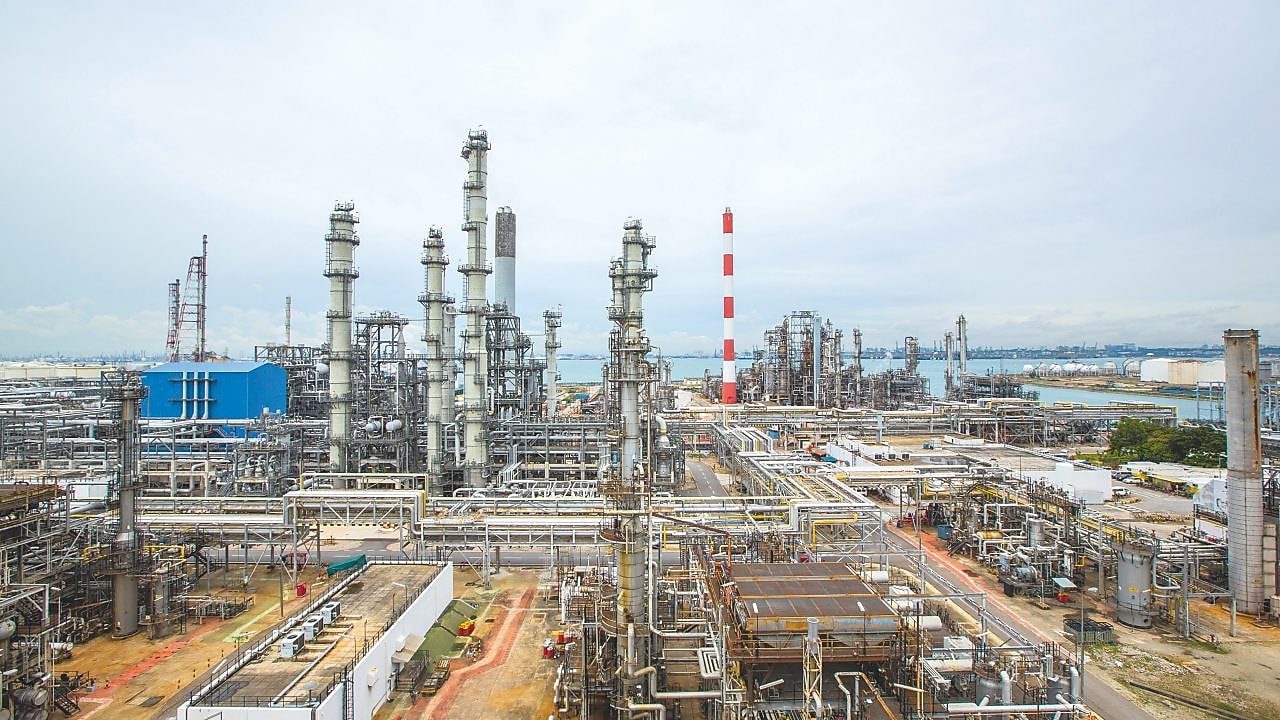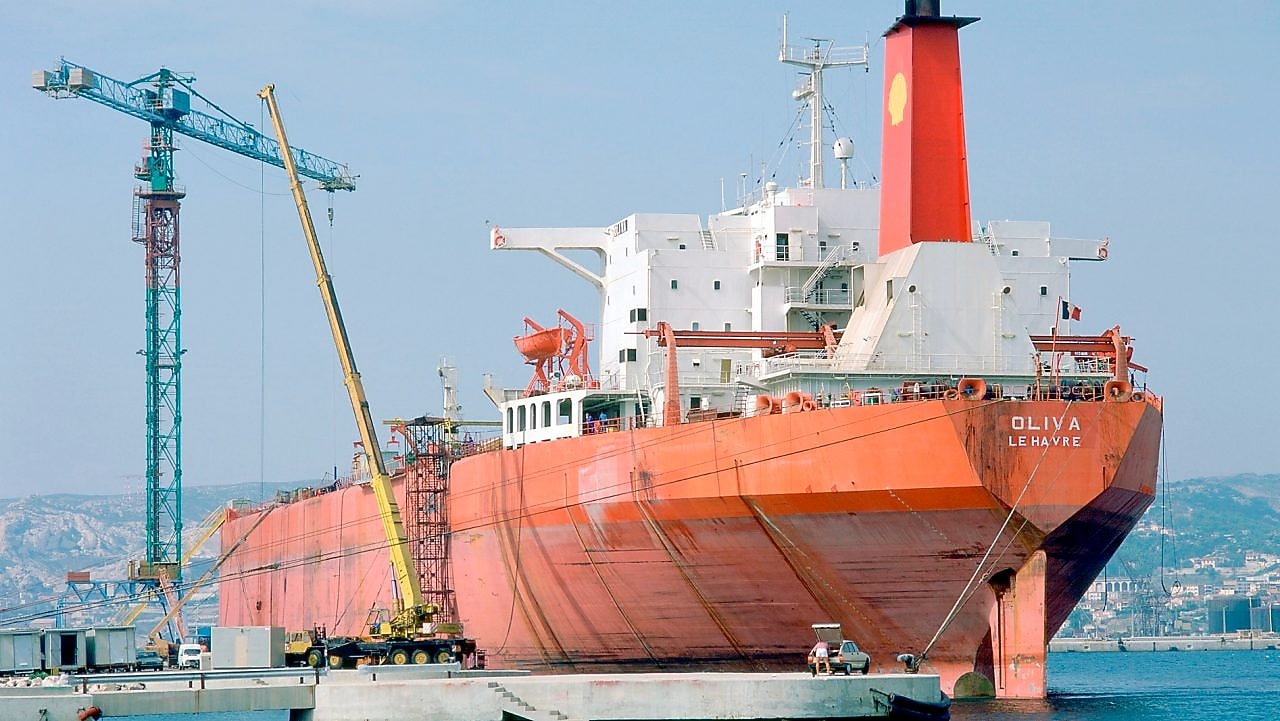
Shell Jurong Island
Countless products that we use in our everyday lives at home, work or play originate from the petrochemical “building blocks” we manufacture at Shell Jurong Island.These products help to meet the fast-growing demand for chemicals in the Asian region and beyond.
Shell Jurong Island (SJI) manufactures petrochemicals to meet the fast-growing demand for these products in the region.
Occupying more than 60 hectares, Shell’s chemical manufacturing assets on Jurong Island manufacture ethylene oxide (which is converted into ethylene glycols and high purity ethylene oxide), ethoxylates, styrene monomer, propylene oxide and polyols. SJI’s mission is to ensure safe, reliable and responsive supply of these products to its customers.
Jurong Island is located approximately 5km off the southwest coast of Singapore and is linked to the mainland by the Jurong Island Highway. It is a highly secure island and not accessible to the public. Jurong Island is the centerpiece of Singapore’s chemicals industry and is today home to more than 100 leading petroleum, petrochemicals, and specialty chemicals and manufacturing companies from all over the world.
SJI’s Role In The Region
Singapore is Shell’s largest petrochemical production and export centre in the Asia Pacific region. Shell Jurong Island manufactures chemical intermediates to meet the strong and fast-growing demand for these products in the region and beyond.
Shell Singapore Community Feedback Mechanism
Shell Singapore is committed to listen and respond to your concerns and questions impacting the well-being of our communities. Every feedback is valuable and is treated with respect including your personal data. Please click here to submit your feedback.



